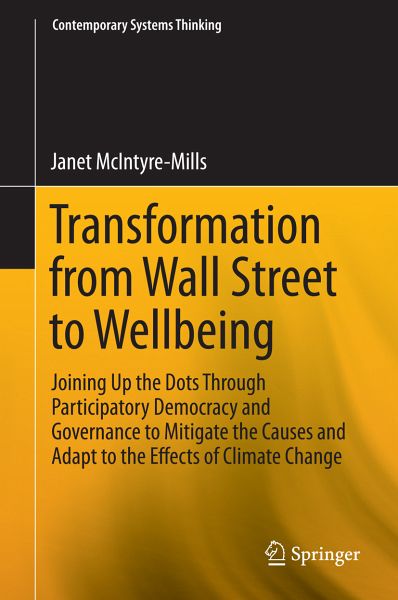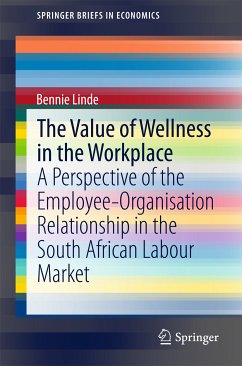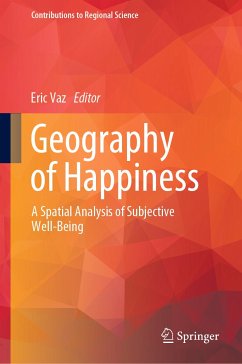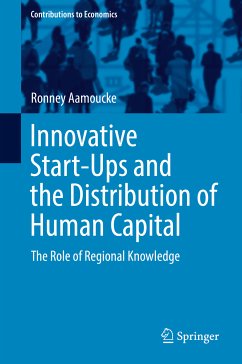
Transformation from Wall Street to Wellbeing (eBook, PDF)
Joining Up the Dots Through Participatory Democracy and Governance to Mitigate the Causes and Adapt to the Effects of Climate Change
Versandkostenfrei!
Sofort per Download lieferbar
40,95 €
inkl. MwSt.
Weitere Ausgaben:

PAYBACK Punkte
20 °P sammeln!
Transformation from Wall Street to Well-being: Joining up the dots through Participatory democracy and governance to mitigate the causes and adapt to the effects of climate change addresses accountable leadership, supports collective interests, ethical governance and fairness to future generations in order to develop systemic approaches relevant to these issues. The humanistic focus, whilst central, addresses how we see ourselves in relation to the environment. It explores cultural perspectives in developed and developing parts of the world where people have a closer connection with the natura...
Transformation from Wall Street to Well-being: Joining up the dots through Participatory democracy and governance to mitigate the causes and adapt to the effects of climate change addresses accountable leadership, supports collective interests, ethical governance and fairness to future generations in order to develop systemic approaches relevant to these issues. The humanistic focus, whilst central, addresses how we see ourselves in relation to the environment. It explores cultural perspectives in developed and developing parts of the world where people have a closer connection with the natural environment in comparison to those who live in cities. Furthermore the book discusses participatory action research to prefigure a means to hold the market to ensure that the use of resources that are necessary for the common good are accessible and equitable. The essential systemic aim this book offers is to balance human needs with nature. The research summarizes the discourses and the adaptive praxis in order to develop a bridge between cosmopolitan ethics and cosmopolitan governance. It does this in the interest of supporting and using cultural designs for living that support quality of life and spans five core domains as explained by the author. Overall, this monograph helps evaluates the extent to which the introduced approaches enable the community to consider their perceived assets and risks and the implications of their consumption choices.
Dieser Download kann aus rechtlichen Gründen nur mit Rechnungsadresse in A, B, BG, CY, CZ, D, DK, EW, E, FIN, F, GR, HR, H, IRL, I, LT, L, LR, M, NL, PL, P, R, S, SLO, SK ausgeliefert werden.













